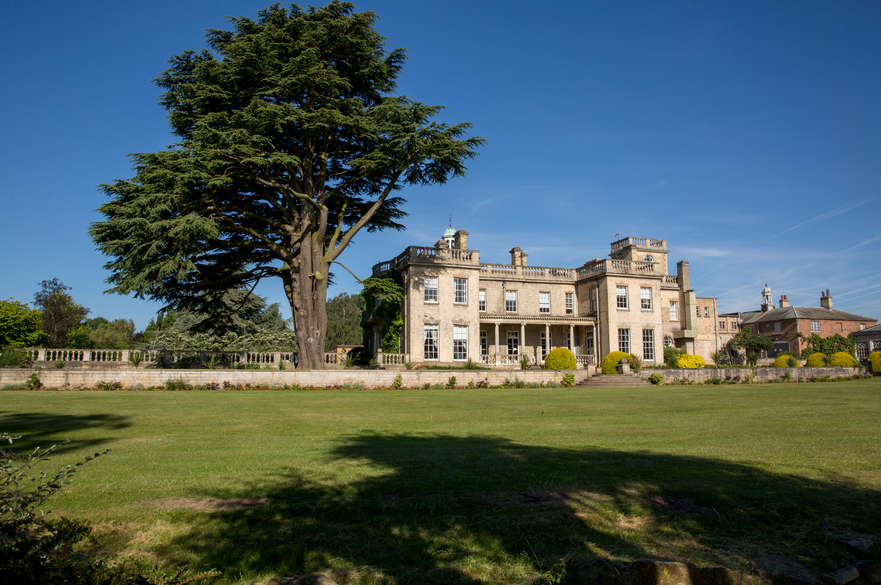Overview
This self-funded PhD project explores the relationship and tensions in visual culture and politics/ideology in moments of intense socio-political change brought about by rebellion, protest, revolution, regime change, ideological ruptures or collapse of political systems. Considering the heightened political situation all over the globe today, the proposed project would be a timely and much needed intervention in the role that images play in moments of social, political and cultural upheaval. The traditional relationship of the image-creator (occupying a formal role or otherwise) in society has often been perceived as one of critical distance, or for those creating outside of traditional/institutional arenas it has been one of minimisation and marginalisation. However, in moments of intense upheaval creative practitioners are sometimes presented with an opportunity to play a central role and actively help mould the emerging society. In some cases, this has ultimately resulted in politics co-opting visual culture, in others it has imbued visual culture with unprecedented political power and international clout.
The legacies of these different approaches have helped shape international perceptions of periods of political change. Thus, a greater understanding of the nuances of the relationship between these two fields is a rich research topic with the potential to offer significant insight into modern national identities and international relations. This research would engage with ideas of national identity, liminality, and the intersection of the perceived roles of visual culture and its relations to political change. The successful applicant will be supervised by Dr. Isabel Story, Senior Lecturer in Visual Communication and Dr. Marco Bohr, Associate Professor in Design and Digital Arts. Additional expertise from another university department can be considered on a case-by-case basis.
The PhD project is to be completed through the traditional pathway of a PhD by thesis. Applicants interested in this PhD project area are asked to narrow the line of enquiry in a well-defined PhD proposal of no more than 1,500 words (not including references). Under clear headings, the proposal needs to contain the following information: a relevant title for the project, an outline of the chosen research question or focus, a brief overview of existing academic work on or connected to the topic and details of the methodology. Further information and help on writing a research proposal can be found here: https://www.ntu.ac.uk/study-and-courses/postgraduate/phd/how-to-apply/writing-a-research-proposal Further information about Research Degrees at NTU as well as the application process can be found here: https://www.ntu.ac.uk/research/research-degrees-at-ntu
The successful applicant will join one of the country’s leading art and design schools which has been influencing, inspiring, and innovating since 1843. Buoyed by recent successes such as the QS subject top 100 world ranking, the school has a vibrant, forward-looking and expanding research community where collaboration, experimentation and interdisciplinarity are embraced and actively encouraged. The successful applicant will be part of the Creative Practices, Methods and Analysis CPMA research cluster. More PhD opportunities are listed on the CPMA website: https://www.ntu.ac.uk/research/groups-and-centres/groups/creative-practices,-methods-and-analysis
Enquiries about this self-funded PhD opportunity can be directed to Dr. Isabel Story at Isabel.story@ntu.ac.uk and Dr. Marco Bohr at marco.bohr@ntu.ac.uk.
Staff profiles
Entry qualifications
Entrants must have a Bachelors and a Masters Degree in a subject area relevant to the PhD research. Each degree must have been obtained with a minimum 2:1 classification (or international equivalent). English language fluency is essential.
How to apply
Applications for this PhD are accepted all year round.
Please visit our how to apply page for a step-by-step guide and make an application.
Fees and funding
This opportunity is for self-funded PhD students. Applicants are encouraged to apply for external funding and we will support this process if and when required.
Find out about fees and funding for PhD projects.
Guidance and support
Find out about guidance and support for PhD students.
